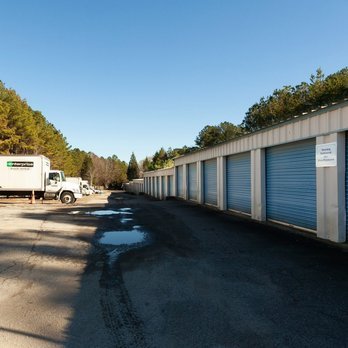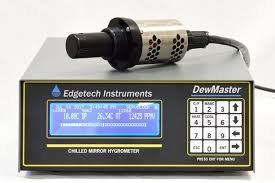When it comes to managing a tow truck business, one of the most overlooked yet critical aspects is Tow Truck Parking. Whether you’re a seasoned operator or just starting out, understanding the ins and outs of proper parking for your tow trucks can save you time, money, and headaches. In this guide, we’ll explore everything you need to know about tow truck parking, from legal requirements to practical tips that will keep your business running smoothly.
Why Tow Truck Parking Matters
Tow trucks are essential vehicles for roadside assistance, vehicle recovery, and transportation. However, their large size and specialized equipment make parking a unique challenge. Improper parking can lead to fines, accidents, or even the loss of business opportunities. By mastering the art of tow truck parking, you can ensure your vehicles are always ready for action while staying compliant with local regulations.
Legal Requirements for Tow Truck Parking
Before diving into the practical tips, it’s crucial to understand the legal landscape surrounding tow truck parking. Laws vary by location, but here are some common regulations to keep in mind:
- Zoning Laws: Many cities have specific zoning laws that dictate where tow trucks can be parked. Residential areas, for example, may have restrictions on commercial vehicle parking.
- Permits and Licenses: Some jurisdictions require special permits for parking tow trucks on public streets or in certain lots. Make sure you have the necessary documentation to avoid penalties.
- Private Property Rules: If you’re parking on private property, such as a storage yard or business lot, ensure you have the owner’s permission and comply with any posted rules.
- Safety Regulations: Parking in a way that obstructs traffic, sidewalks, or emergency access can result in fines or even the impounding of your tow truck.
Best Practices for Tow Truck Parking
Now that you’re familiar with the legal side, let’s dive into some practical tips for effective tow truck parking:
1. Designate a Parking Area
- If you operate a fleet of tow trucks, consider designating a specific area for parking. This could be a company-owned lot, a rented space, or a secured storage facility. Having a dedicated parking area ensures your vehicles are organized and easily accessible.
2. Optimize Space
- Tow trucks are large, so maximizing space is key. Use clear markings to define parking spots and ensure there’s enough room for drivers to maneuver. If space is limited, consider staggered parking or angled spots to fit more vehicles.
3. Invest in Security
- Tow trucks are valuable assets, and leaving them unattended can make them targets for theft or vandalism. Install security cameras, lighting, and fencing around your parking area to protect your investment.
4. Follow a Parking Schedule
- If your business operates 24/7, create a parking schedule to ensure all vehicles have a spot when they return from jobs. This prevents congestion and keeps your operations running smoothly.
5. Train Your Drivers
- Proper parking starts with your drivers. Train them on the best practices for parking tow trucks, including how to avoid blocking traffic, respecting private property, and adhering to local laws.
6. Use Technology
- Consider using GPS tracking or parking management software to monitor your tow trucks’ locations and parking status. This can help you optimize routes and ensure vehicles are parked in approved areas.
Common Tow Truck Parking Challenges (and How to Solve Them)
Even with the best planning, challenges can arise. Here are some common issues and how to address them:
- Limited Space: If you’re struggling with limited parking space, explore off-site storage options or partner with local businesses to rent parking spots during off-hours.
- Neighbor Complaints: If your parking area is near residential properties, be mindful of noise and traffic. Communicate with neighbors and address any concerns promptly to maintain good relationships.
- Weather Conditions: Inclement weather can make parking difficult. Ensure your parking area is well-maintained, with proper drainage and lighting, to handle rain, snow, or ice.
The Benefits of Proper Tow Truck Parking
By prioritizing proper tow truck parking, you’ll enjoy several benefits:
- Improved Efficiency: Organized parking means faster dispatch times and smoother operations.
- Cost Savings: Avoiding fines and reducing the risk of accidents can save your business money.
- Enhanced Reputation: Professionalism in every aspect of your business, including parking, builds trust with customers and partners.
Final Thoughts
Tow truck parking may not be the most glamorous part of running a towing business, but it’s undoubtedly one of the most important. By understanding the legal requirements, implementing best practices, and addressing challenges head-on, you can ensure your tow trucks are always ready to hit the road. Remember, a well-parked tow truck is a reflection of a well-run business.
So, the next time you’re planning your operations, don’t overlook the power of proper tow truck parking. It’s a small step that can make a big difference.












Leave a Reply